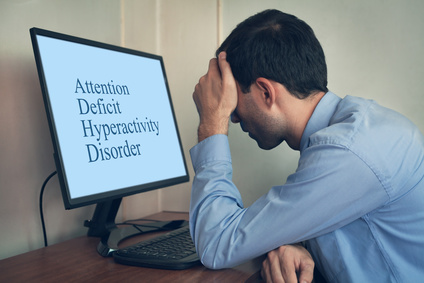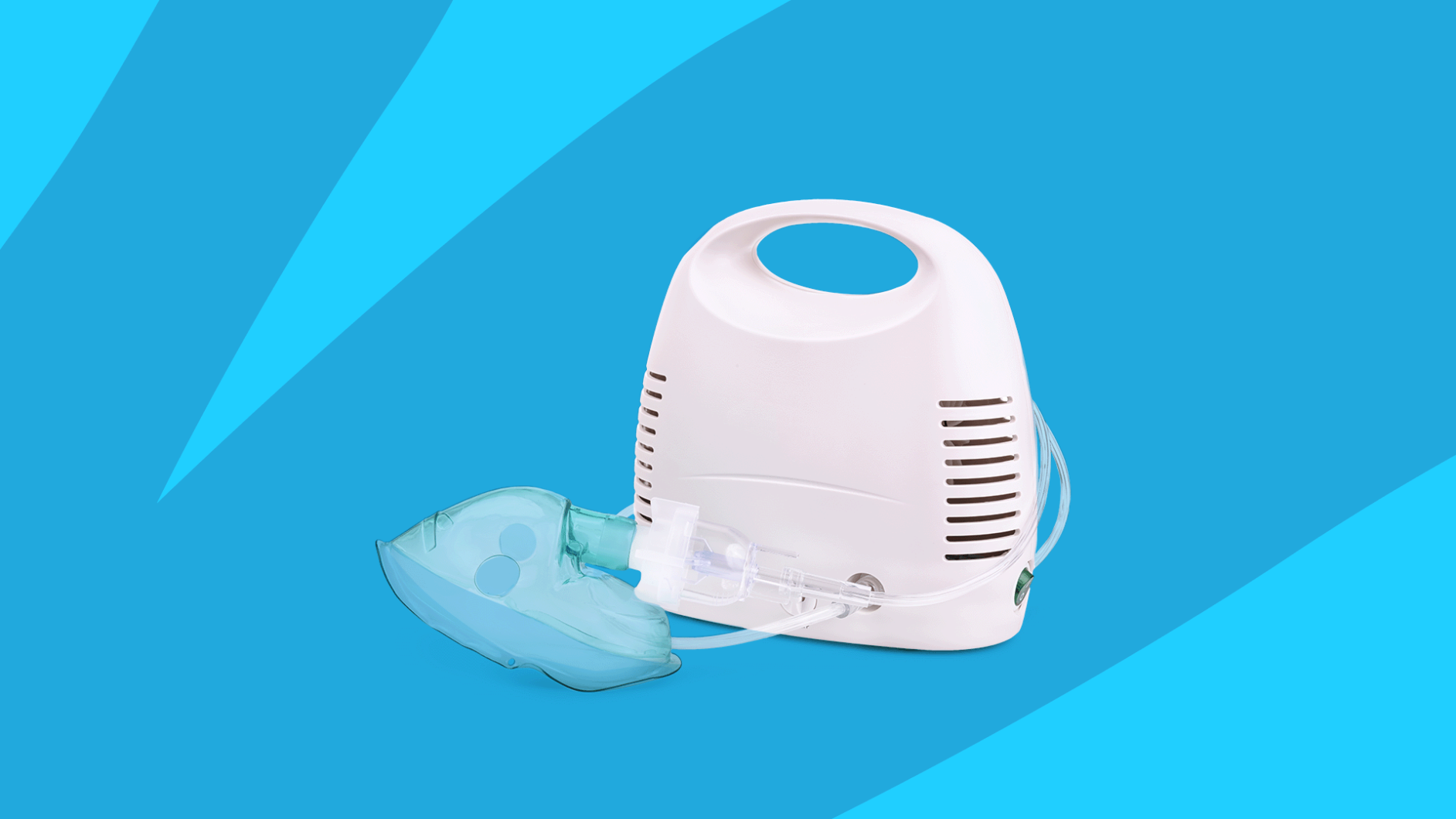What is adult ADHD?
In addition to difficulty focusing, attention deficit hyperactivity disorder (ADHD) can manifest in other ways. Find out the requirements to acquire an adult diagnosis for ADHD as well as 13 additional symptoms. ADHD, if left untreated, can manifest as biological and environmental problems that interfere with many facets of a person’s everyday life. The American Psychiatric Association estimates that 2.5% of adults and 8.4% of children have ADHD.
It’s possible that the figures are higher, according to the National Institute of Mental Health. Both individuals with the illness and many newborns who were given the gender ascribed to women never receive a diagnosis. Adult ADHD symptoms must be identified in order to receive the appropriate care. For more information about these signs, continue reading.
Disorganization
Everyone occasionally feels that life is difficult. Nonetheless, a person with ADHD could encounter more difficult situations in life than a person without the disorder. They can find it challenging to maintain order as a result. Organizational problems may affect an adult with ADHD. This can involve issues with task management and difficulty logically prioritizing items.
Issues with relationships
Whether they are platonic, romantic, or professional, relationships can be difficult for adults with ADHD. Relationships may feel taxed by some characteristics linked to ADHD. They comprise:
- Inattentiveness
- Being easily bored
- Droning on in conversations
As a result, an individual with ADHD may appear to be:
- Insensitive
- Irresponsible
- Uncaring
No concentration
ADHD is characterized by a lack of focus that goes beyond difficulty paying attention. Moreover, it implies
- Having a weak attention span
- Finding it difficult to pay attention to others in a conversation
- Ignoring details,
- Failing to finish tasks or projects
Anxiety and restlessness
You might feel like your internal motor won’t turn off if you have ADHD as an adult. When you can’t act right away, your desire to keep moving and taking action can make you frustrated. Restlessness results from this, and restlessness can cause frustration and anxiety. Since the mind frequently replays worrying events, anxiety is a very common symptom of adult ADHD. Fidgeting is one of the physical symptoms of anxiety and restlessness in adults, just like it is in children. Adults who have ADHD may: scurry about they find it difficult to sit still, frequently move in their seat, or tap their hands or feet
Emotionally troubled
Living with ADHD can be difficult since it can feel as though your emotions are always changing. You have a propensity to look for excitement on a whim when you start to feel bored. Even minor irritations can appear intolerable or trigger mood swings and sadness. Your personal and professional relationships might become more complicated if emotional issues go unresolved.
TalktoAngel is a platform that connects you with the best online experts and “Online counselling” if you’re looking for “Online counsellor“











Post Comment